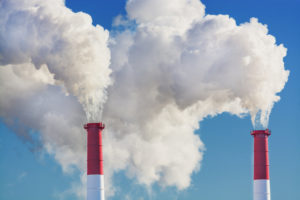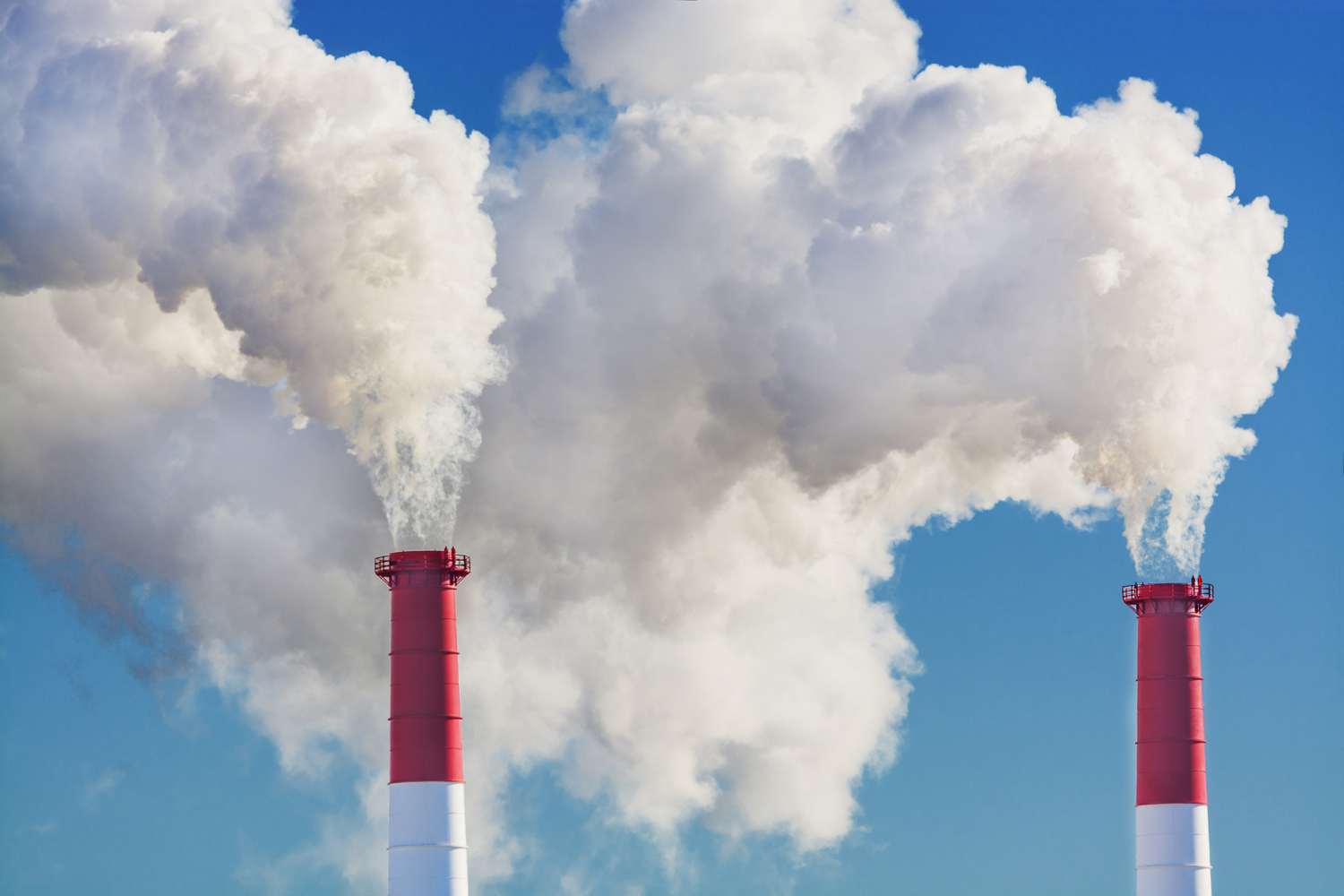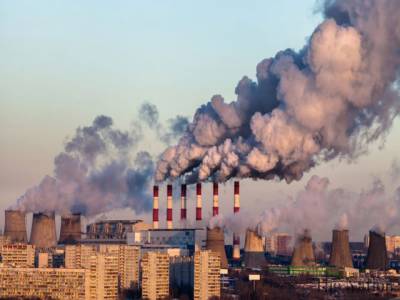
Find Out How More You Would Have Lived Without Any Air Pollution In India
Houston: According to scientists, the issue of air pollution is causing the average Indian’s life to shorten by more than 1.5 years. To solve this the scientists, suggest to maintain better air quality that could certainly help to extend the human lifespan in every part of the world.

As per the research, if PM2.5 concentrations were to be limited equal to that of the World Health Organization’s (WHO) standards for air quality guideline of 10 microgrammes per square cubic metre of concentration, the global life expectancy would go on the safe side of average of 0.59 year longer.
The step to reach the hard-to-achieve target would certainly help for big countries with records of the highest levels of pollution in the current scenario. As per the statistics, roughly 0.8-1.4 years of additional survival in countries is reported in China, Bangladesh, Pakistan and India.

This is the first time that data was prepared on air pollution and lifespan studied in combined way to be able to examine the variations globally, thus helping to find out the way they affect the overall life expectancy.
To conduct the research, particulate matter (PM) smaller than 2.5 microns was taken from the outdoor air pollution by the researchers from University of Texas at Austin in the US. The particles of this size are so small that they can easily enter deep inside the lungs and the issue of breathing PM2.5 is associated with increased severe risks of heart attacks, respiratory diseases, strokes and cancer.
Power plants, fires, agriculture, industrial cars and trucks emissions exhaust PM2.5 pollution.
As per the research, the life expectancy impact of ambient PM2.5 is said to be large in highly polluted countries like, China (1.25 years), Nigeria (1.28 years), Saudi Arabia (1.48 years), Pakistan (1.56 years), Egypt (1.85 years), and Bangladesh (1.87 years).
According to the study, the life expectancy impact in India is 1.53 years.
The data provided by the Global Burden of Disease Study was used by the team to measure the exposure of PM2.5 air pollution and the resulting consequences in 185 countries.
They the national impact on life expectancy for each individual country was quantified and later it was done for a global scale.
“The fact that fine particle air pollution is a major global killer is already well known,” said Joshua Apte, who led the study published in the journal Environmental Science & Technology Letters.
“We were able to systematically identify how air pollution also substantially shortens lives around the world. What we found is that air pollution has a very large effect on survival — on average about a year globally,” said Mr Apte.
Mr. Apte, while commenting over the other noteworthy phenomena negatively affecting human survival rates, said that it was a very big number.
“For example, it’s considerably larger than the benefit in survival we might see if we found cures for both lung and breast cancer combined,” he said.
“For much of Asia, if air pollution were removed as a risk for death, 60 year olds would have a 15 per cent to 20 per cent higher chance of living to age 85 or older,” he added.
“A body count saying 90,000 Americans or 1.1 million Indians die per year from air pollution is large but faceless,” said Mr Apte.
“Saying that, on average, a population lives a year less than they would have otherwise — that is something relatable,” he said.
You May Also Read: Indian Navy’s Aircraft Carrier Ship INS Vikramaditya, To Get Air Wing Upgrade Soon